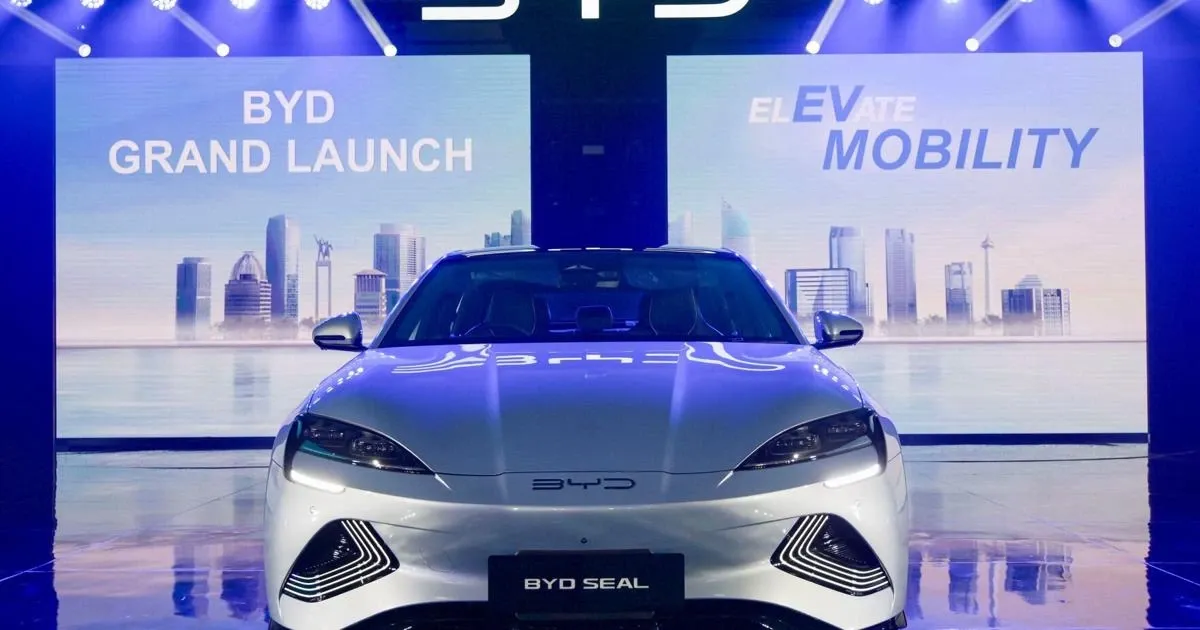

As profit margins shrink, tensions are escalating in the world’s largest car market. A recent heated exchange between two major Chinese electric vehicle (EV) manufacturers, BYD and Huawei, underscores the mounting pressures as the industry faces an intensifying price war.
The controversy began on Saturday when Yu Chengdong, chairman of Huawei’s smart car unit, suggested that BYD's success is driven by low prices rather than the quality of its cars. Speaking at a public forum in Shenzhen, Yu stated, “Currently, BYD is ... number one in the rat race, because it has extremely low costs.” He added that Huawei competes on value, intelligence, luxury, comfort, safety, and high-quality user experience, rather than low prices.
BYD, once mocked by Elon Musk, surpassed his Tesla in late 2022 as the world’s biggest EV seller. Although Tesla regained its lead in the first quarter of 2023, the two companies remain neck and neck in the market.
Yu’s remarks quickly went viral on Chinese social media, prompting a sharp response from BYD. Li Yunfei, general manager of branding and public relations at BYD, suggested that fewer comparisons by Yu would benefit Huawei’s brand image. Li also pointed out that Huawei has made significant price cuts in the past year, indicating that it, too, competes with low prices. He invited other brands to showcase their cars alongside BYD’s for direct competition.
On the same day, Wang Chuanfu, BYD’s founder and chairman, highlighted the company’s focus on technology and innovation, announcing a 100 billion yuan ($13.8 billion) investment in developing smart EVs. This investment will emphasize generative artificial intelligence and large model technologies.
China’s EV market, with over 200 manufacturers, is experiencing intense competition due to oversupply and slowing consumer demand. The price war, which began last year, has seen leading players like BYD and Tesla cut prices to maintain or grow their market share. While these price cuts and government subsidies have increased sales volumes, they have also reduced overall profitability.
The industry faced additional challenges in May when US President Joe Biden increased tariffs on Chinese EVs to 100%, effectively limiting access to one of the world's largest passenger car markets. The European Union may also impose extra import duties soon.
Earlier this week, BYD was among nine automakers approved by the Chinese government for public trials of advanced auto driving, further intensifying the competition.
Wang Chuanfu has previously warned of a "brutal elimination round" in the industry, urging companies to achieve economies of scale and brand advantages quickly to survive.
The public exchange between BYD and Huawei reflects the high stakes and fierce competition in China’s EV market. As companies navigate price wars, technological advancements, and international trade barriers, their strategies will play a crucial role in determining who leads the future of electric mobility.
Also Read: